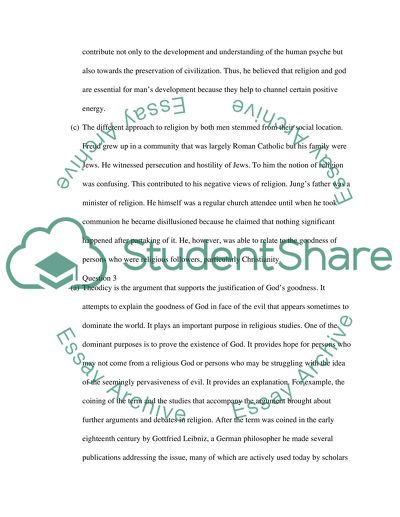Cite this document
(“Sigmund Freuds and Carl Jungs Approaches to Religion Essay”, n.d.)
Retrieved from https://studentshare.org/psychology/1418951-sigmund-freuds-approach-to-religion
Retrieved from https://studentshare.org/psychology/1418951-sigmund-freuds-approach-to-religion
(Sigmund Freuds and Carl Jungs Approaches to Religion Essay)
https://studentshare.org/psychology/1418951-sigmund-freuds-approach-to-religion.
https://studentshare.org/psychology/1418951-sigmund-freuds-approach-to-religion.
“Sigmund Freuds and Carl Jungs Approaches to Religion Essay”, n.d. https://studentshare.org/psychology/1418951-sigmund-freuds-approach-to-religion.


